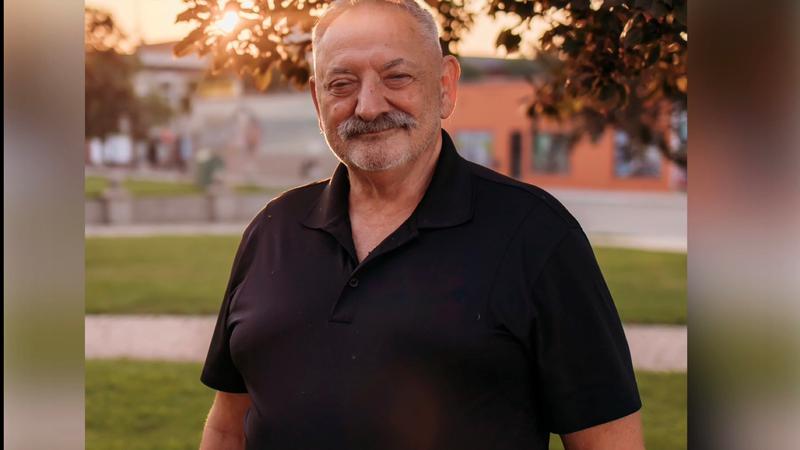
Inmate who killed cellmate to serve 16 years before parole eligibility
A man who stabbed his former cellmate over 30 times, and inflicted over two dozen other injuries won’t be eligible for parole for 16 years.
Tyler Vandewater, 31, was sentenced Friday afternoon at Prince Albert Court of Queen’s Bench. He appeared via-video from the Saskatchewan Penitentiary.
Last March Vandewater was found guilty of second degree murder in the June 2017 death of Chris Van Camp. The conviction carried a mandatory life sentence, but parole eligibility remained up in the air and the minimum requirement was 10 years.
“It’s unnatural for a parent to bury their child” – Lauren Laithwaite




